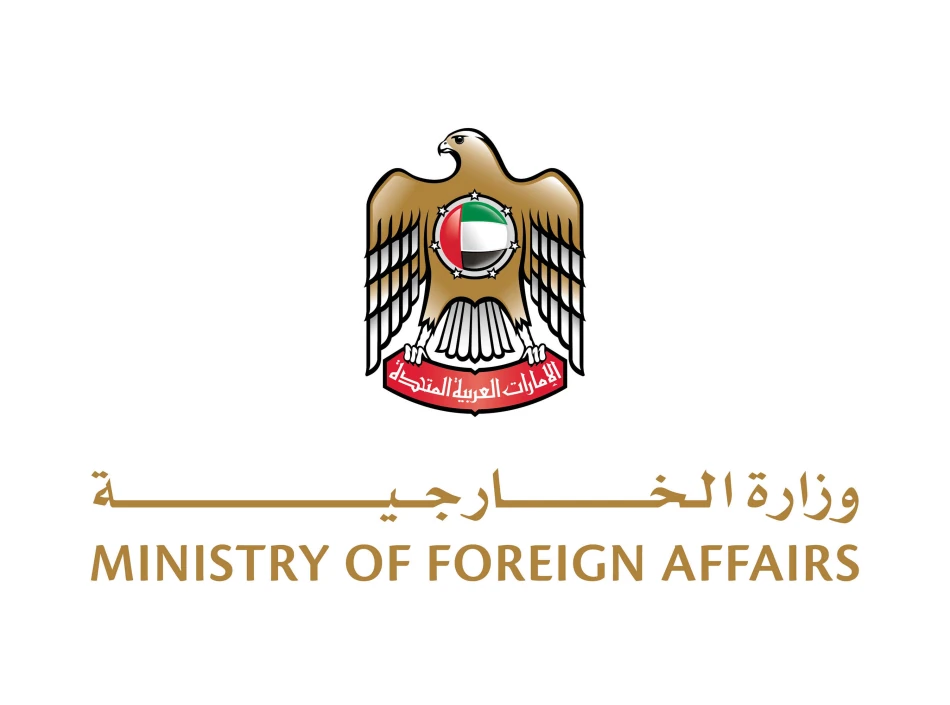
UAE and 10 Countries Affirm Support for Syria's Security, Reject Foreign Interference
Arab Nations Rally Behind Syria's New Government as Regional Stability Concerns Mount
Foreign ministers from eleven Arab nations have concluded intensive two-day talks aimed at supporting Syria's transitional government led by President Ahmed al-Sharaa, marking a significant diplomatic push to stabilize the war-torn country. The coordinated effort comes as regional powers seek to prevent further fragmentation in Syria while condemning ongoing Israeli military operations that threaten the new government's consolidation efforts.
Unprecedented Regional Consensus Emerges
The joint statement from the UAE, Jordan, Bahrain, Turkey, Saudi Arabia, Iraq, Oman, Qatar, Kuwait, Lebanon, and Egypt represents one of the most unified regional responses to Syrian developments in over a decade. This diplomatic alignment suggests a strategic shift from the fractured approaches that characterized much of the Syrian conflict since 2011.
The timing appears deliberate, coming as Syria's new leadership under Ahmed al-Sharaa faces immediate challenges in establishing control and legitimacy across the country. The ministers emphasized their commitment to Syria's "security, unity, stability, and sovereignty" while rejecting all foreign interference in Syrian affairs.
Suweida Agreement Signals Broader Stabilization Efforts
The ministers welcomed a recent agreement to resolve the crisis in Suweida province, highlighting the new Syrian government's early diplomatic successes. This development is particularly significant given Suweida's strategic importance and its history of resistance to central authority.
President al-Sharaa's commitment to accountability for officials who committed violations against Syrian citizens in Suweida represents a notable departure from previous Syrian government approaches. This pledge for justice and rule of law could prove crucial for building domestic legitimacy and international credibility.
Israeli Military Actions Complicate Reconstruction
The joint statement's strongest language was reserved for condemning repeated Israeli attacks on Syrian territory, which the ministers characterized as "blatant violations of international law" that undermine Syria's sovereignty and territorial integrity. These operations pose a direct challenge to the new government's efforts to establish control and begin reconstruction.
The ministers called on the UN Security Council to ensure Israel's complete withdrawal from occupied Syrian territories and implement Resolution 2766, along with the 1974 Disengagement Agreement. This diplomatic pressure reflects growing regional concern that continued Israeli military actions could destabilize Syria's fragile transition.
Economic Reconstruction Requires International Support
The emphasis on international support for Syria's reconstruction efforts signals recognition that regional backing alone cannot address the country's massive rebuilding needs. Syria's economy has contracted by an estimated 60% since 2011, with infrastructure destruction reaching hundreds of billions of dollars.
The coordinated regional approach may prove more effective than previous fragmented efforts, potentially creating momentum for broader international engagement. However, Western sanctions and concerns about the new government's composition remain significant obstacles to large-scale reconstruction funding.
Strategic Implications for Regional Order
The ministers' assertion that "Syria's security and stability are pillars of regional security and stability" reflects broader geopolitical calculations. A stable Syria could reduce refugee flows, limit Iranian influence, and provide a buffer against regional conflicts.
This unified regional stance contrasts sharply with the divided approaches that characterized much of the Syrian conflict, when Gulf states, Turkey, and other regional powers often supported competing factions. The current alignment suggests lessons learned from years of proxy conflicts and their destabilizing effects.
Challenges Ahead for Syria's Transition
Despite the diplomatic support, Syria's new government faces enormous challenges in establishing effective governance across diverse territories and populations. The emphasis on rejecting sectarianism and promoting national unity indicates awareness of these internal divisions.
The success of this regional diplomatic initiative will largely depend on the new Syrian government's ability to deliver on promises of accountability, rule of law, and inclusive governance. International observers will be watching closely for concrete progress on these commitments in the coming months.
Most Viewed News

 Sara Khaled
Sara Khaled






